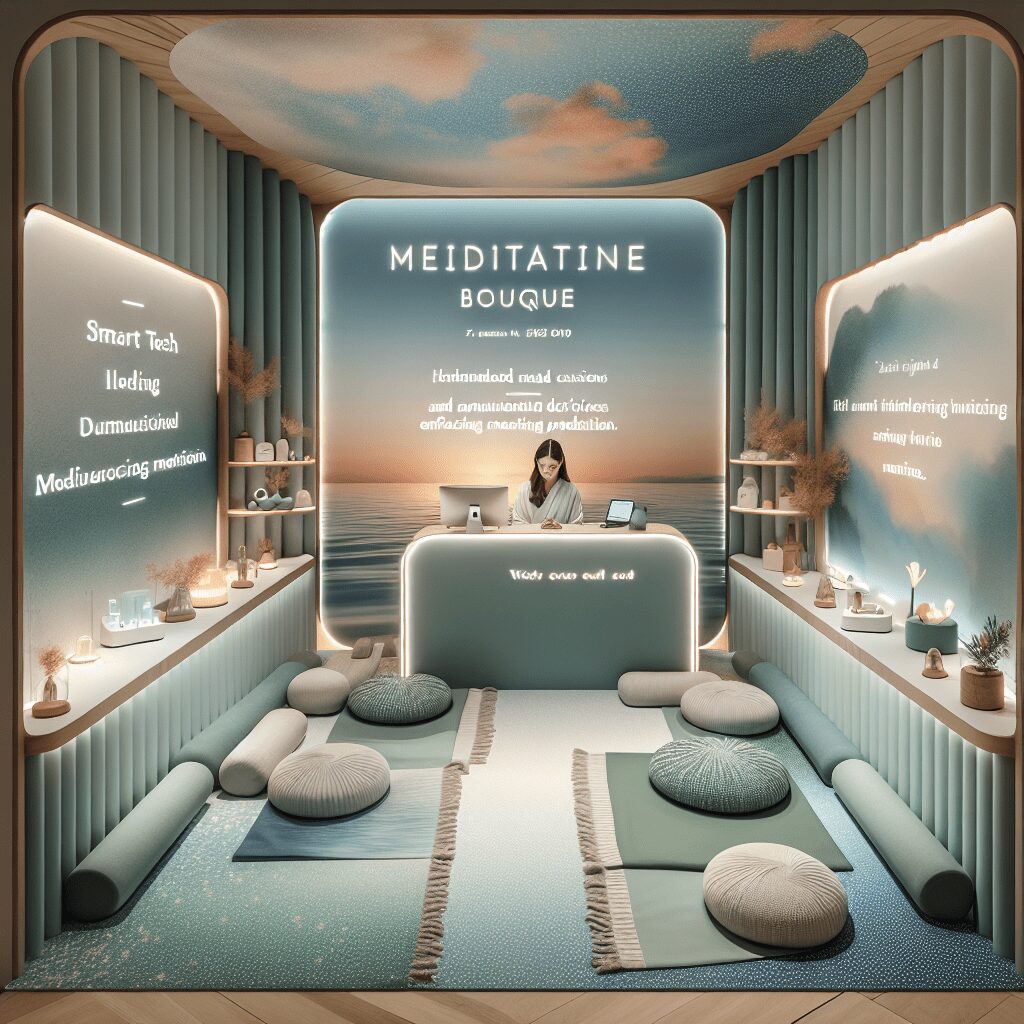
Prioritize your mental well-being daily. Enhance your life by nurturing your mental health with the Smart Meditation app. Break free from stress, alleviate anxiety, and enhance your sleep quality starting today.
Does Meditation Make Depression Worse?
The Mindful Inquiry: Unraveling the Impact of Meditation on Depression
In the hustle and bustle of the modern world, meditation has skyrocketed in popularity as a beacon of peace and introspection. With its roots running deep into ancient history, this practice has been hailed as a universal remedy for a myriad of ailments, both physical and mental. However, when it comes to the intricate dance of meditation and mental health, particularly depression, the tune becomes a bit more complex. The concern that meditation might exacerbate depression has sparked a debate among wellness advocates and mental health professionals alike. Let’s dive into this intriguing topic, shall we?
Navigating the Nuanced Effects of Meditation on Depression
The Surprising Facets of a Quiet Mind
At its core, meditation is about cultivating a heightened awareness of the present moment, often leading to a state of peace and mental clarity. Sounds beneficial, right? Well, hold your horses. For individuals grappling with depression, this increased introspection can sometimes act as a double-edged sword.
-
Unearthing Buried Emotions: For some, quieting the external chatter can inadvertently shine a spotlight on underlying issues and repressed emotions. This sudden confrontation with unresolved feelings can, in the short term, intensify feelings of sadness or despair.
-
The Isolation Paradox: Though meditation is often a solitary practice, it’s essential not to confuse solitude with isolation. In a depressed mind, however, this distinction can blur, potentially leading to feelings of loneliness or detachment from the world.
-
Misguided Expectations: Let’s not forget the hype machine. The often overblown expectations of meditation as a quick fix can lead to frustration and feelings of inadequacy when immediate relief from depression is not achieved. This disillusionment, ironically, can sink one deeper into depressive states.
The Bright Side of the Moon
Before you toss meditation out with the bathwater, it’s crucial to acknowledge its undeniable benefits, supported by a growing body of research:
-
Stress Reduction: By reducing cortisol levels and calming the fight-or-flight response, meditation can alleviate one of depression’s close allies: chronic stress.
-
Enhanced Self-awareness: Over time, meditation can foster a deeper understanding of one’s thought patterns and triggers, equipping individuals with the tools to combat negative thinking.
-
Brain Plasticity Boost: Studies suggest that regular meditation can actually alter brain structure in ways that promote emotional resilience and overall mental health.
Crafting a Balanced Approach
So, what’s the verdict? Does meditation make depression worse? Well, it’s not such a straightforward answer. Like many aspects of mental health, it boils down to personal experience and, importantly, approach. Here’s how to tread wisely:
-
Consult a Professional: Always start by consulting with a mental health professional, especially if you’re battling severe depression. They can provide tailored advice on whether and how to incorporate meditation into your treatment plan.
-
Mind the Method: Not all forms of meditation are created equal. Exploring guided meditations or those specifically designed for depression can offer a more supportive introduction to the practice.
-
Moderation is Key: Remember, too much of a good thing can tip the scales in the wrong direction. Start slow, setting realistic goals and expectations.
-
Community Support: Consider joining a meditation group or class. Sharing the experience with others can provide a sense of connection and support.
In the grand scheme of things, meditation holds tremendous potential as a complementary approach to managing depression, provided it’s approached with care and consideration. As we navigate its waters, let’s remember to keep an open mind, a compassionate heart, and a dialogue with professionals to guide us through its depths. After all, the journey to mental wellness is not a solo voyage but a shared expedition, rich with discoveries and growth at every turn.





